Why are some people faster than others? 2 exercise scientists explain the secrets of running speed
Your sprinting skills have a lot to do with genetics, but your brain also plays a big role.
Your sprinting skills have a lot to do with genetics, but your brain also plays a big role.
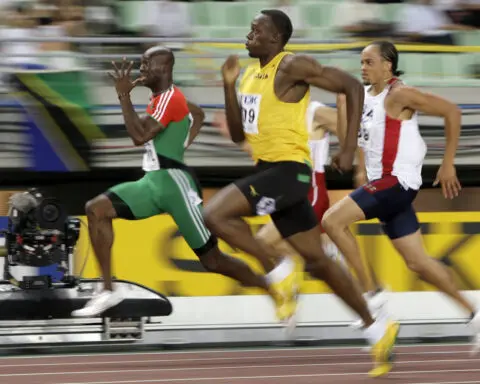
Companies need adept planning to solve supply chain issues.
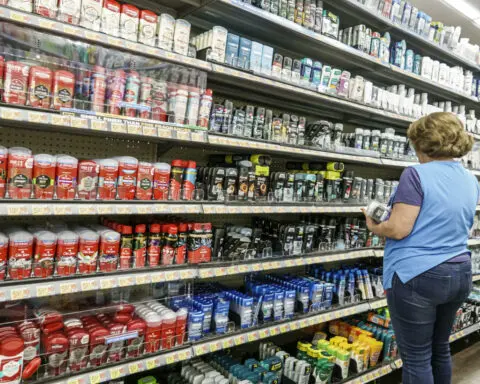
In winter 2023-24, the Great Lakes’ ice cover was near record lows, peaking at just 16%. Researchers explain how diminishing ice could have consequences for fisheries, and how species are evolving.
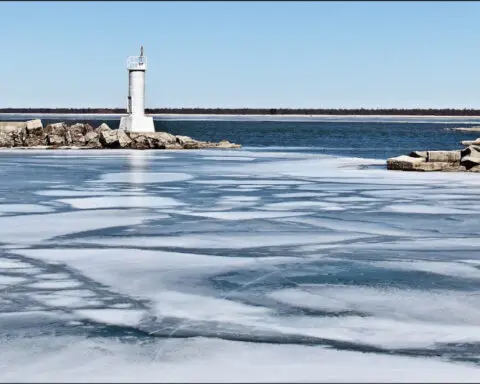
Ferns have evolved a mutually beneficial relationship with ants, but this happened late in their evolution. A recent study shows that old dogs can learn new tricks.
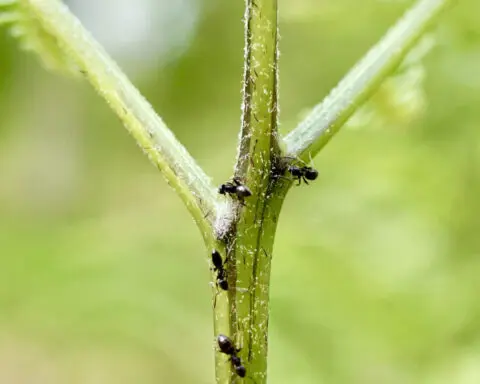
A history professor recounts how being indoors during the pandemic led him to rediscover his fondness for video games – and to bring it into the classroom as well.

A newly discovered half-million-year-old layer of volcanic sediment beneath the Aegean Sea rewrites what scientists know about this area’s volcanic history – and potential future hazards.
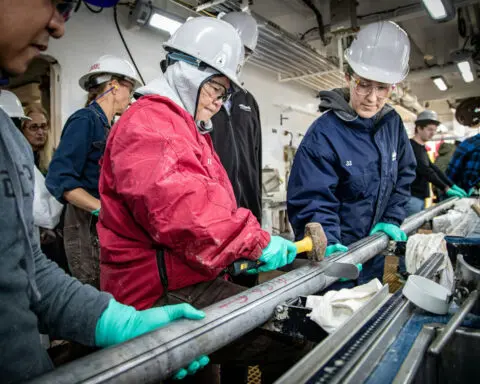
Long before all vehicles become self-driving, AI could drastically improve traffic conditions. Traffic jams could become a thing of the past when even as few as 5% of cars are driven by robots.
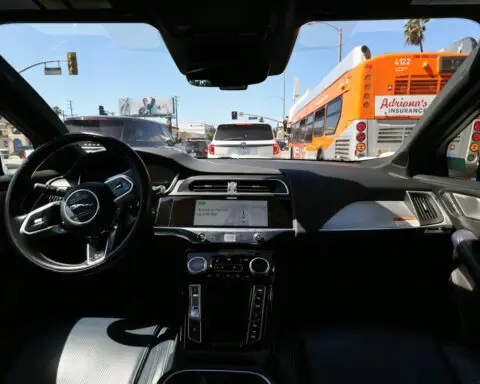
A newly released app allows users to search for discriminatory roadway names, helping communities grasp the ubiquity of inequalities embedded in everyday spaces and the harm they cause.
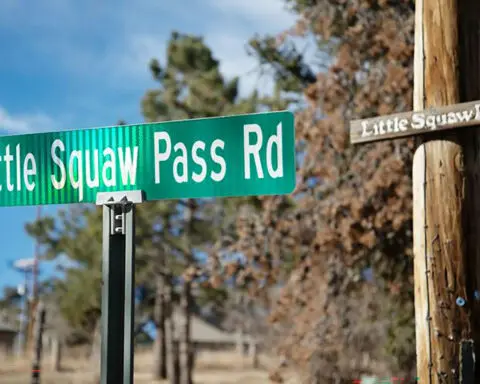
For trees, growing to maturity involves much more than just reaching upward.

A new study found that pliant local media in Ukraine and Georgia was manipulated by Moscow to present anti-Western narratives.

The Nazis routinely shared altered photos in their official publication, the Illustrierter Beobachter, causing readers to question what was real or fake.

Phones that transmit odors sound like science fiction, but researchers are working on making them real.

Dairy farms are struggling to survive as production costs exceed sales. The result, consolidation, with more cows on bigger farms, has an impact on communities and knowing where your food comes from.
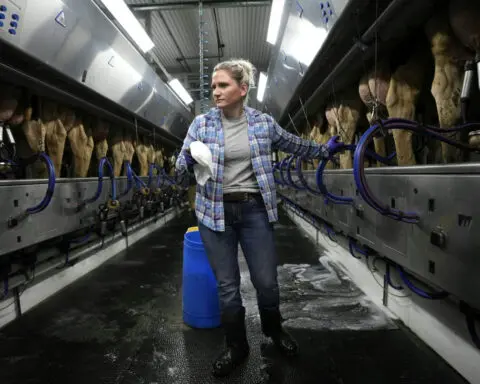
Context, perceptions and expectations affect the choices both bees and people make.
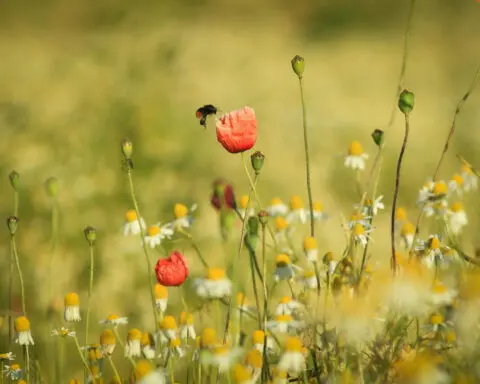
Using films like “The Matrix,” a sociology course examines how factors beyond our control shape the world we live in − in fact and in an imagined future.
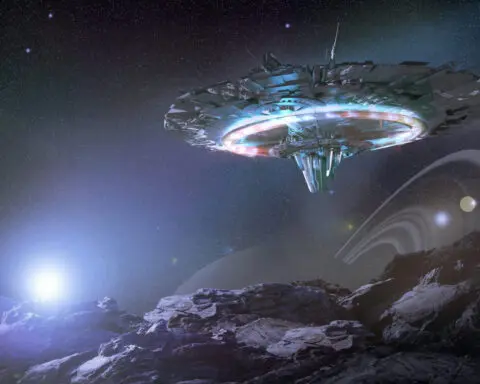
Whether intentional or not, the way mega-settlements in southeastern Europe from 6,000 years ago were laid out would have cut down on the spread of disease.
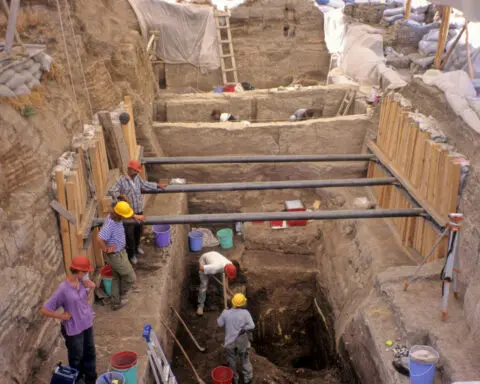
Fusion reactors get hot − scientists need materials that can take the heat without deforming and deteriorating.

Restoring Clingmans Dome to its original name of Kuwohi is a significant example of place name repatriation, or the return of an Indigenous name to a particular place or landscape.
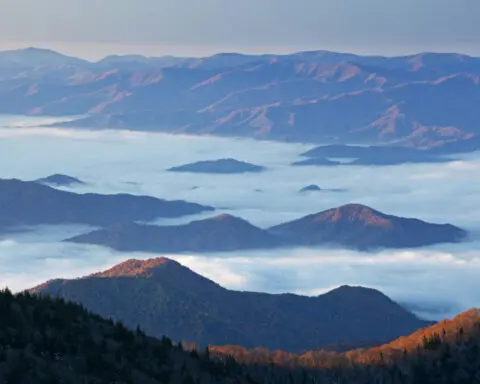
A behavioral ecologist explains the reciprocal social relationships vampire bats maintain, in sickness and in health.
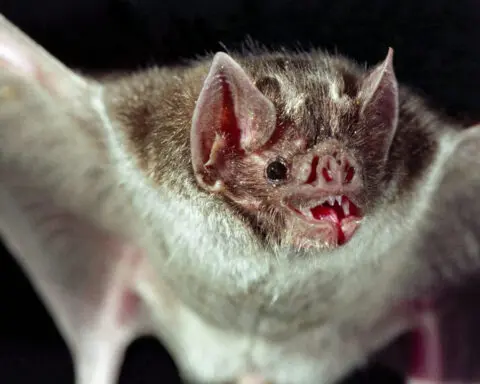
Fruit flies wreak havoc on crops in Hawaii, but a type of parasitoid wasp armed with a biological weapon has helped keep the pests at bay.
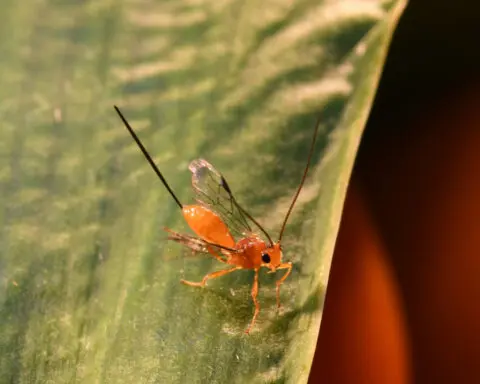
The end of the election season could bring a sigh of relief to businesses.
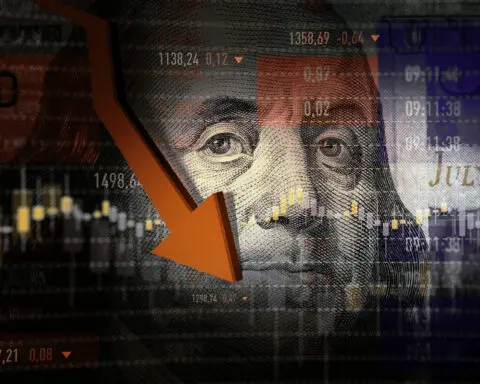
Can stories about detectives from days gone by help students learn to think more critically? An English lecturer provides clues through a course that features novels about sleuths from a bygone era.

Evolution is often depicted as a steady forward march from simple to complex forms. But new research shows that certain ferns can evolve ‘backward.’
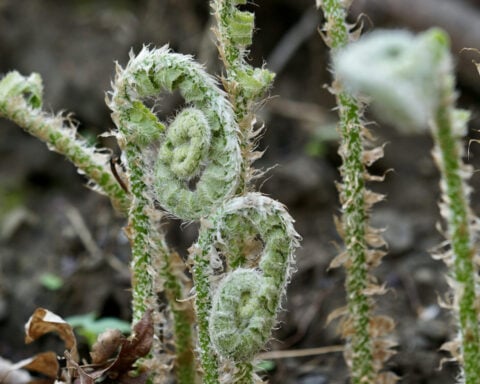
Even those consumers who said they usually don’t return any products often reacted negatively during an experiment that simulated what happens when shoppers face stricter rules.
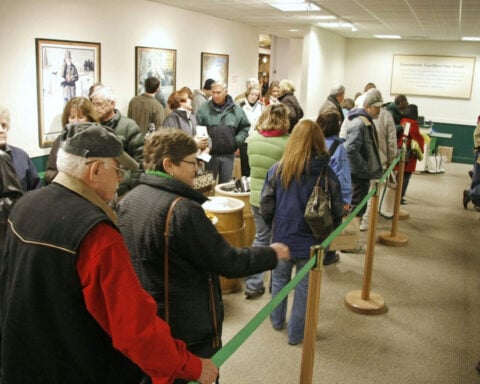
A biologist explains what to focus on if you’re designing a garden with pollinators in mind − and what you don’t need to worry about.
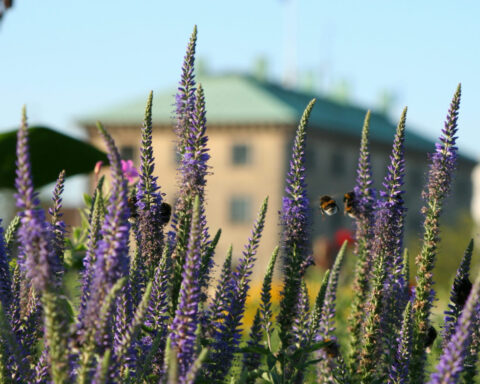
Your subscription includes
Unlimited Access to All Content from
The Los Angeles Post
Your subscription has been successfully upgraded!
